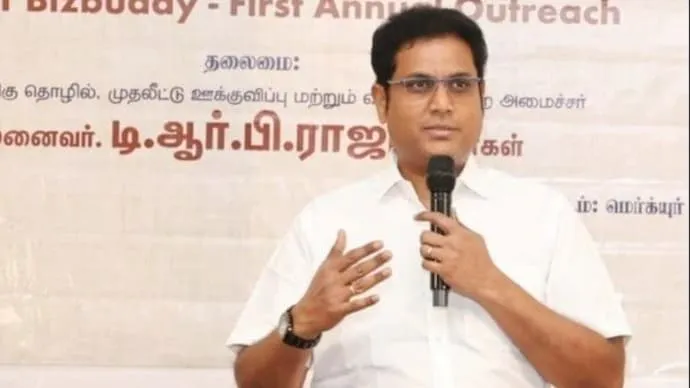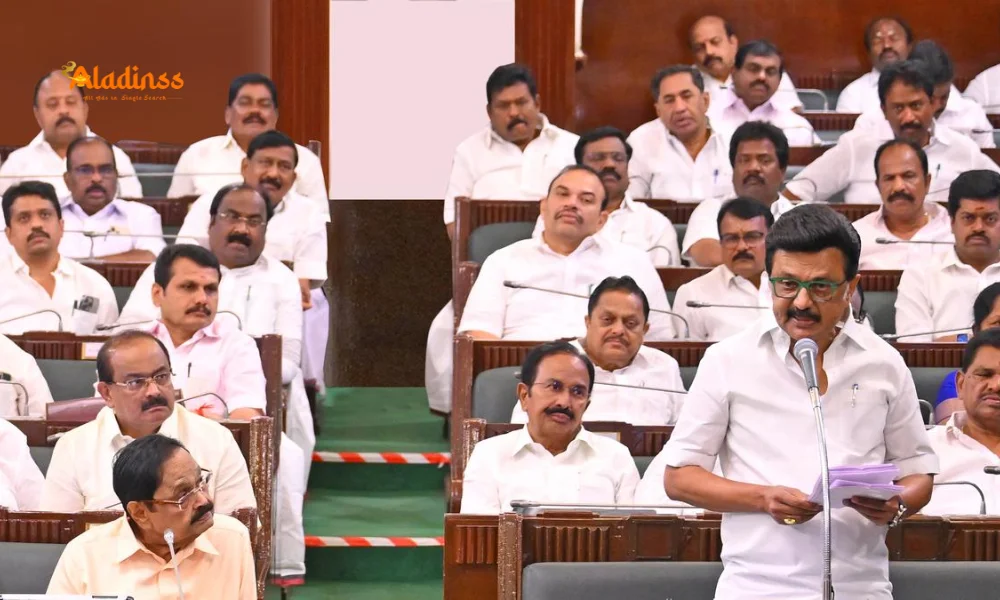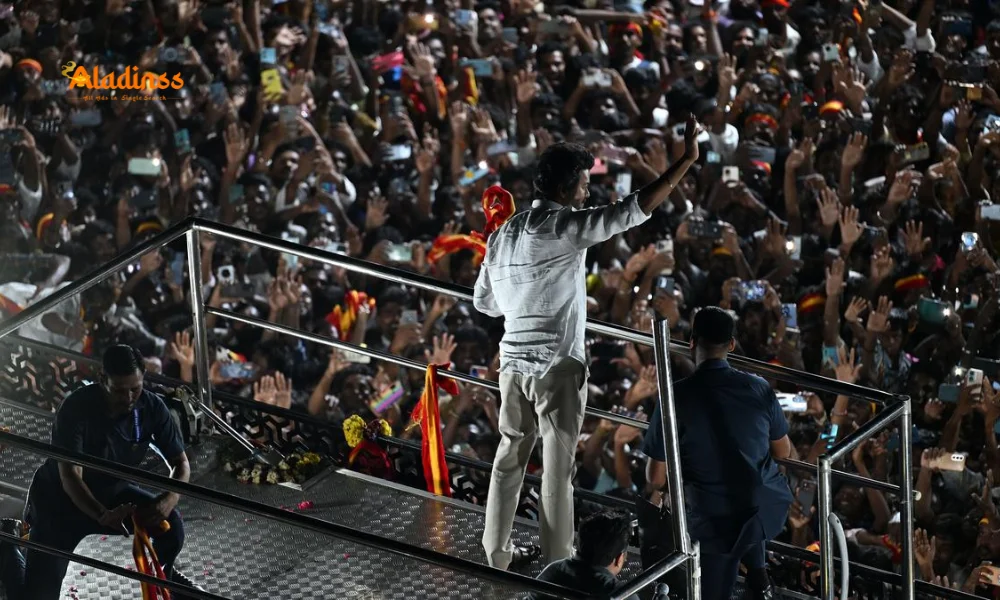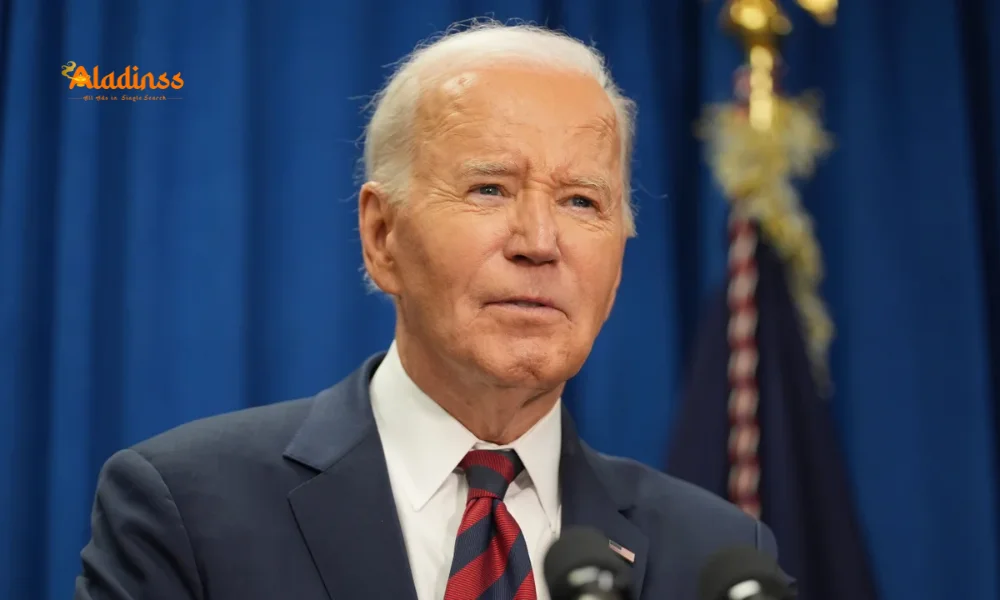Foxconn Denies Rs 15,000 Cr Tamil Nadu Investment

Foxconn Denies New Investment in Tamil Nadu: Minister's Rs 15,000 Crore Claim Sparks BJP Backlash

In a development that has ignited a fierce political storm in Tamil Nadu, global electronics giant Foxconn has firmly rejected claims of discussing a new Rs 15,000 crore investment with the state government. The Taiwanese manufacturer's clarification directly contradicts Industries Minister TRB Rajaa's enthusiastic social media announcement, which promised 14,000 high-value jobs and hailed it as a landmark achievement for the Dravida Munnetra Kazhagam (DMK)-led administration. This Foxconn Tamil Nadu investment denial has drawn sharp criticism from the Bharatiya Janata Party (BJP), accusing the ruling party of spreading disinformation to bolster its image ahead of key electoral battles.
The controversy erupted on October 13, 2025, when Rajaa took to X to celebrate what he described as the "largest ever engineering jobs commitment" for Tamil Nadu. He detailed Foxconn's supposed pledge for advanced manufacturing, research and development (R&D), and AI-driven operations, even revealing plans for a dedicated "Foxconn Desk" at the state's investment promotion agency, Guidance Tamil Nadu. Chief Minister MK Stalin echoed the excitement, tweeting his gratitude to the company for propelling Tamil Nadu toward becoming South Asia's manufacturing hub.
However, Foxconn's swift rebuttal on October 14 has left the DMK government scrambling to defend its position. The company emphasized that its newly appointed India representative, Robert Wu, only engaged in a routine exchange with the Chief Minister's office, with no new investments on the agenda. This mismatch has not only embarrassed the administration but also fueled debates on transparency in attracting foreign direct investment (FDI) to Tamil Nadu.
The Meeting That Sparked the Foxconn Tamil Nadu Investment Denial
The sequence of events traces back to a high-level meeting on October 13 between Robert Wu and a delegation from CM MK Stalin's office. Sources indicate the discussions centered on Foxconn's existing operations in the state, including expansions at its facilities in Sriperumbudur and Oragadam. Tamil Nadu, already a hotspot for electronics manufacturing with Foxconn's assembly plants supporting giants like Apple and Sharp, has been aggressively courting further commitments to solidify its position as India's "Detroit of Electronics."
Rajaa's post, complete with celebratory emojis and hashtags like #JobsForTN, painted a vivid picture of imminent economic transformation. He claimed the investment would usher in value-added production lines, integrating R&D and artificial intelligence to create sophisticated engineering roles. The minister stressed that this breakthrough was the result of nearly a year's persistent diplomacy, navigating global supply chain shifts and geopolitical tensions to lure investments away from competitors like Vietnam and Indonesia.
Stalin's endorsement amplified the narrative, positioning the DMK government's "Dravida Model" as a beacon for progressive industrial policies. The announcement aligned with Tamil Nadu's broader strategy to leverage its skilled workforce—boasting over 1.5 million engineering graduates annually—and robust infrastructure, including the Chennai-Bengaluru Industrial Corridor. Yet, Foxconn's statement has cast doubts, suggesting the minister may have misinterpreted ongoing talks about scaling existing projects as fresh capital infusion.
DMK Government's Defense Amid Growing Scrutiny
Undeterred by the backlash, Rajaa doubled down on October 14, insisting the Rs 15,000 crore figure was "100 per cent true" and rooted in substantive negotiations. In a series of X posts, he accused detractors of indulging in "childish statements" without grasping the intricacies of international business deals. "Bringing investment into India is a complex task, especially given the global political climate," Rajaa argued, urging the opposition to cease politicizing employment prospects.
Officials from the Industries Department clarified that while Foxconn might not classify the commitment as "new," it represented the first official disclosure of plans previously approved in principle. They pointed to the October 2024 cabinet nod for a Rs 13,180 crore project by Foxconn affiliate Yuzhan Technology, involving 500,000 sq ft at the ESR Oragadam Industrial and Logistics Park for mobile phone manufacturing. The "Foxconn Desk" initiative, they added, would streamline approvals for these expansions, ensuring mission-mode execution.
This defense highlights a semantic divide: For the government, formalizing long-discussed expansions qualifies as a milestone announcement; for Foxconn, it's business as usual without novel pledges. Industry experts note such discrepancies are common in FDI negotiations, where confidentiality clauses delay public reveals until contracts are inked. Nonetheless, the episode underscores the pressures on state governments to showcase wins amid India's competitive federalism in investment attraction.
- Foxconn's existing Tamil Nadu footprint: Over 40,000 employees across multiple plants.
- Government's planned support: Single-window clearances via the dedicated desk.
- Projected impact: Shift toward high-tech jobs in AI and R&D, per minister's vision.
- Timeline clarification: Discussions spanned a year, aligning with global diversification trends.
Rajaa's rebuttal extended to slamming "fake news peddlers," emphasizing that premature skepticism could deter genuine investors. The DMK's narrative frames the controversy as opposition mischief, aimed at undermining Tamil Nadu's economic momentum, which has seen FDI inflows exceed Rs 1 lakh crore since 2021.
BJP's Scathing Attack on DMK's Credibility
The BJP wasted no time capitalizing on the Foxconn Tamil Nadu investment denial, with state spokesperson Narayanan Thirupathy leading the charge on X. In a blistering post, he labeled the episode "shocking" and "unfortunate," questioning how CM Stalin and Rajaa could endorse a non-existent deal. "How can a Chief Minister and the Industries Minister officially endorse and issue a statement regarding the investments that never came? Why the fake news?" Thirupathy demanded, dubbing the "Dravida Model" a "bigger Whopper" than fast-food exaggerations.
Thirupathy's critique resonated with broader BJP rhetoric portraying the DMK as prone to overpromising and underdelivering on development. He highlighted Stalin's tweet praising the phantom investment as evidence of disinformation at the highest levels, calling it a "shame to the state." This aligns with the party's ongoing campaign to portray Tamil Nadu's governance as mired in corruption and inefficiency, contrasting it with the NDA's national achievements in ease of doing business.
PMK leader Anbumani Ramadoss amplified the assault, terming it a "bag of lies exposed in half a day" and demanding a white paper on all announced investments. Such demands echo concerns over "announcement inflation," where states hype unconfirmed MoUs to score political points. The BJP's jabs gain traction amid Tamil Nadu's upcoming local body polls, where economic narratives could sway voters disillusioned by persistent issues like unemployment and industrial unrest.
Tamil Nadu's Investment Landscape: Context and Challenges
Tamil Nadu's tryst with electronics FDI dates to the 1990s, but it accelerated post-2014 with initiatives like the Tamil Nadu Electronics Hardware Manufacturing Policy. Foxconn's entry in 2018, starting with iPhone assembly, has been pivotal, employing thousands and contributing to exports worth billions. The state hosts over 200 electronics firms, generating 20% of India's sector output, yet faces hurdles like land acquisition delays and skill mismatches.
The disputed Rs 15,000 crore figure, if realized, would dwarf recent inflows, rivaling Adani's Rs 20,000 crore green energy bet. It ties into global trends: Foxconn's diversification from China amid US-China trade wars, with India emerging as a key alternative. Tamil Nadu's advantages—proximity to ports, skilled labor from IIT Madras and Anna University—position it well, but the controversy risks eroding investor confidence if unresolved.
Broader implications include scrutiny on state-center coordination. While the DMK touts autonomy in investment pacts, BJP critiques highlight perceived favoritism in national schemes. Data from the Department for Promotion of Industry and Internal Trade (DPIIT) shows Tamil Nadu securing 12% of India's FDI in FY25, underscoring its stakes in maintaining credibility.
Experts advocate for clearer communication protocols to bridge such gaps, suggesting joint pressers with investors post-meetings. For Foxconn, the episode is a minor hiccup in its Rs 1 lakh crore India expansion, including semiconductor ventures with Tata. Yet, for Tamil Nadu, it serves as a reminder that in the high-stakes FDI game, perception often trumps reality.
Political Ramifications and Future Outlook
This Foxconn Tamil Nadu investment denial has transcended business news, morphing into a proxy war between DMK and BJP. The ruling party's resilience—evident in Rajaa's unapologetic stance—may rally its base, framing opposition barbs as anti-Tamil Nadu sabotage. Conversely, BJP's amplification via social media could galvanize urban middle-class voters wary of "gimmicks," especially in Chennai and Coimbatore.
As the dust settles, all eyes are on potential reconciliatory statements. A joint clarification from Foxconn and the government could salvage the narrative, confirming expansions under the existing framework. Meanwhile, Tamil Nadu's investment pipeline remains robust, with MoUs from Micron and Pegatron signaling sustained interest.
In the long run, this saga underscores the need for verifiable benchmarks in investment announcements. For a state aspiring to $1 trillion economy status by 2030, transparency isn't just ethical—it's economic imperative. As debates rage on X and in assembly corridors, Tamil Nadu's youth await real jobs, not rhetorical victories.
Comment / Reply From
No comments yet. Be the first to comment!











